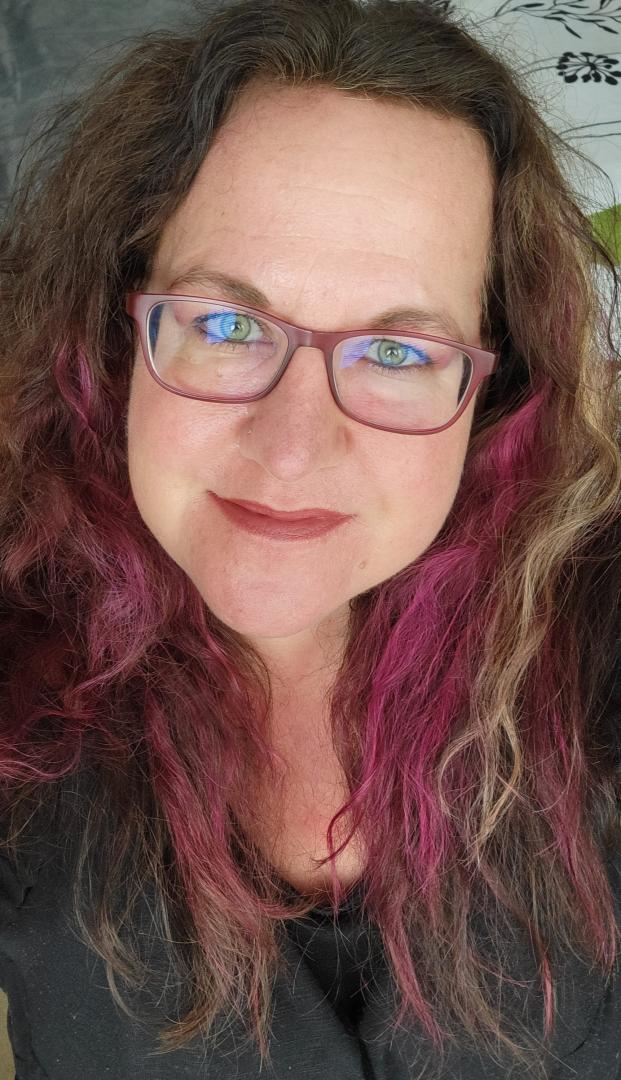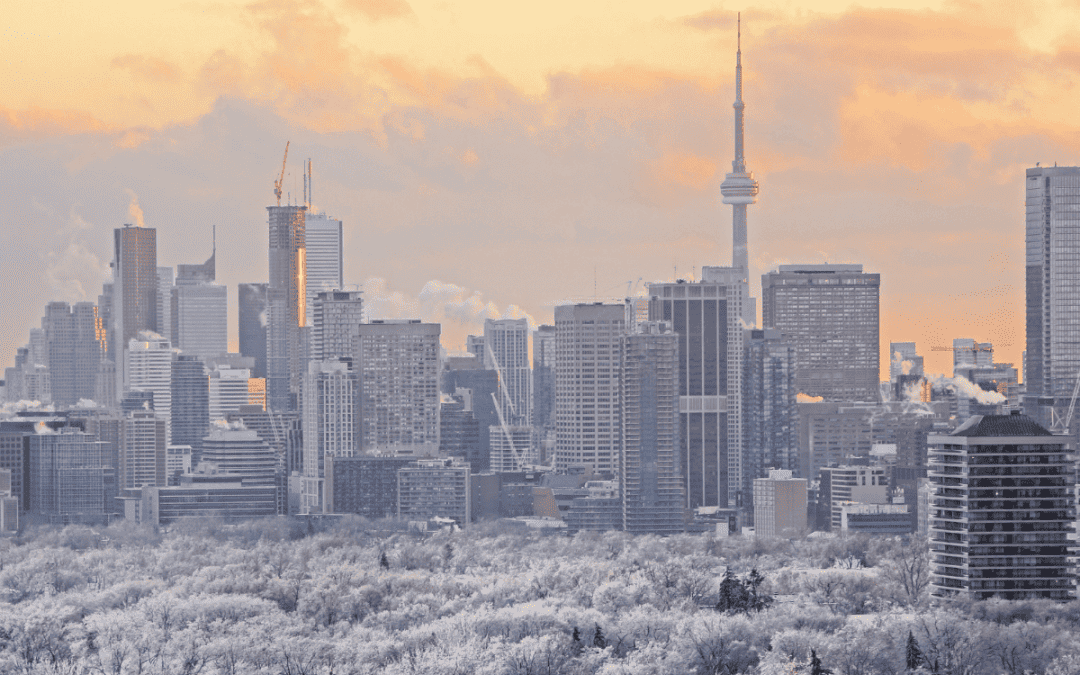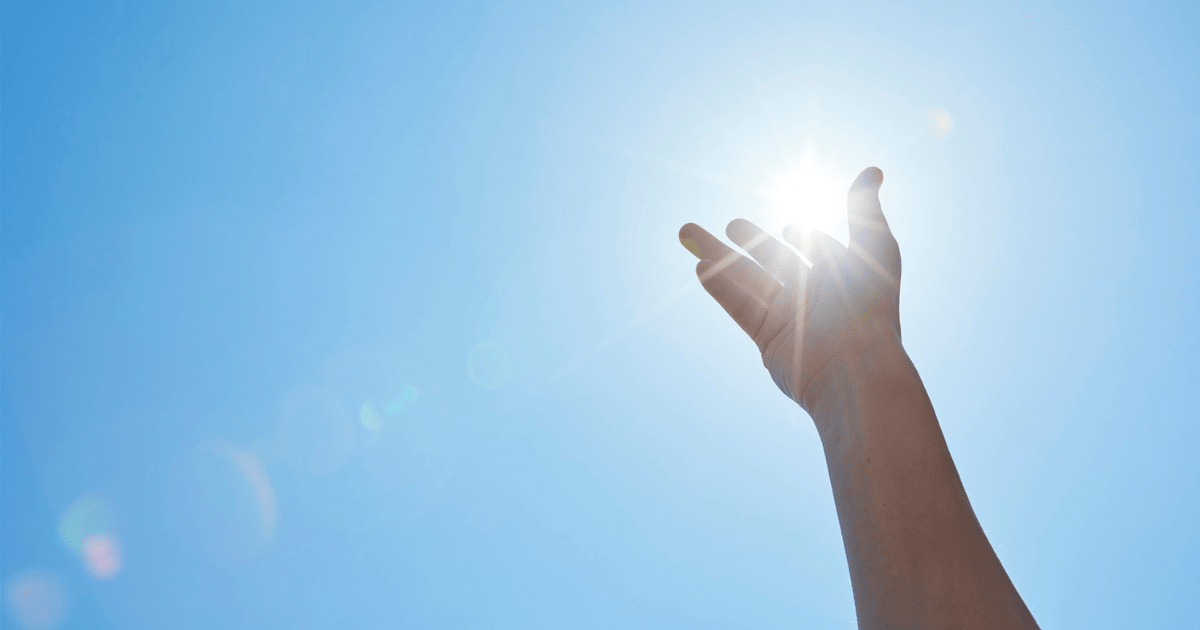With the Feb. 2 deadline looming for every City of Toronto property owner to submit an online declaration of their property’s 2022 occupancy status, it’s important to advise your clients that they could face fines of up to $10,000 for failure to file.
It’s not clear whether the penalty will be imposed by automatically adding it to the tax bill or the matter will be brought to bylaw infraction court like a parking ticket, where a justice of the peace will impose a fine, explains Bob Aaron, a Toronto real estate lawyer with Aaron & Aaron Barristers and Solicitors.
The city’s new vacant home tax came into force on Jan. 1, 2023, and is based on the property’s occupancy status for the previous year. In addition to any fines for failure to file an occupancy status declaration, one per cent of the home’s assessed value must be paid if it was empty in 2022 – without an exemption.
The owner won’t be taxed if the property is occupied with a written tenancy agreement in place for a term of at least 30 days for residential purposes. The property must be occupied by at least one tenant for six months or more throughout the year.
“It’s not clear what happens when there is not a written lease,” says Aaron. “This whole venture was badly thought out and drafted.”
To protect your clients, purchase and sale agreements should require the seller to provide proof that the declaration has been filed and that the seller will be liable for any penalties if the unit was vacant or the seller failed to file.
What properties are exempt?
No tax is payable if:
-
- The property was vacant due to the death of an owner
- The property was undergoing extensive repairs or renovations, and the necessary work prevents everyday use; all necessary permits have been issued, and the chief building official is of the opinion that the work is being carried out without unnecessary delay
- The owner was in a hospital, a long-term or supportive care facility for at least six months but only for a maximum of two years (if the owner is in care or hospital for at least six months a year for three years, the tax applies)
- The property was purchased in the previous year, or it was required for occupation for employment purposes for at least six months, and the owner lives elsewhere
- The property is a principal residence for snowbirds, students or others who study/travel abroad for extended periods
“This whole tax still seems to be a work in progress,” says Aaron, who continues to conduct extensive research into interpreting the new vacant home tax.
Special rules also exist for units in co-operative and co-ownership buildings where the entire building receives one tax bill, and the individual units are not separately assessed.
“Only a single declaration form had to be submitted for the entire building – typically by the board or property manager,” Aaron told REM. “As long as at least one of the units is occupied, the property is not considered vacant, and no tax applies. This is ridiculous. Multiple units could be vacant, but the building is exempt.”
There are also issues with the tax that make it tough to interpret/unclear if certain properties or special circumstances are included, and the tax may have to be paid:
-
- Units that are zoned residential but are not the principal residence of the owner may legally be used as a home office, a music or artist’s/writer’s studio for the owner, or the owner’s property management office in a large apartment building
- Airbnb units not part of the owner’s principal residence
How is a similar tax working in Vancouver?
Vancouver started out with an empty home tax of one per cent in 2017, which increased to five per cent in 2023.
Brendon Ogmundson, chief economist for the British Columbia Real Estate Association (BCREA), told REM that the tax has had little impact on reducing vacant homes in the city because it wasn’t an issue to begin with. “It’s really just adding complexity without having a significant impact on supply,” he says.
A misinterpretation of census data led people to believe there were more vacant homes in Vancouver than there actually are, says Ogmundson, who suggests vacant homes represented about 1.1 per cent of residences in Vancouver, and the tax brought that figure down to about 0.8 per cent. He says the one positive thing to come of the tax is good data.
Taxes like this rank high on popular opinion polls because they make the government appear to be taking action, yet the fundamental issues of supply and zoning, which are much harder to address, would actually help provide more housing opportunities in the city, Ogmundson suggests.

Cindy Freiman is the owner of Creative Soul Communications. A journalist by trade, she’s passionate about helping businesses grow by creating top-notch educational and thought-provoking content for social media, blogging, client/referral partner communications, marketing and advertising. Cindy has specialized in mortgage financing and real estate for the past 17 years.


















How do we register for the Federal Vacant Home Tax? I just found out there are 2 taxes.
In my opinion – The vacant property tax billing is actually a violation of the common law and property rights as sanctioned by the SCC – a challenge of the city of Torontos authority to declare additional property ownership taxes because a unit is vacant would overturn this stupidity which is driven more by a desire to make additional revenue for the city then it is about creating more affordable housing –
People in Ontario and Canada are too willing to let government dictate and usurp property rights then to fight to protect their rights –
As realtors we should fund a legal challenge if this bylaw on grounds it is a violation of common law property rights .
No where in the constitution does it say you can not own property and indeed when you own your property fee simple government has no authority to tell you how you can use the property unless you have agreed to give them that authority over you or govt registered that right in your title when you acquired the property.
The right to have a second vacation style property becomes quickly an issue when one realizes a cottage in country is no different than a vacation apt in the city – both are temp occupancy.
The vacant land tax is a political feel good policy that actually reduces investor incentives which will reduce housing starts snd result in even more housing shortages and rising prices!
Seems to me every condominium board should convert themselves into cooperatives to avoid this nonsense. Imagine, 99.2% of property owners have to file for the 0.8% of vacant property owners. Only a delusional bureaucrat could have come up with such an inefficient scheme.
By the unrefined GTA stats I can research, detached home prices for January struggled mightily to beat December 2022, failed miserably year over year and, particularly for Toronto, are back in 2020 territory. Semis and towns are faring a tad better while there’s no sign in the last few days that the market is anything but very sluggish.
If that keeps up it wil be interesting to see which politicians will be erroneously touting their non-resident or vacant tax provision did the job.
Total abuse of power from the government.This is a way of exercising control over people. Affordable housing will not come from this action.